 Fall in New England has always attracted crowds of hikers, bikers, zipliners, wine-drinkers, leaf-peepers, shopaholics, and anyone simply hoping to enjoy the crisp autumn air. However, over the past few years, seasonal sales have been better than ever. Some believe the region’s success can be linked to a growing interest in fall-themed festivals and the development of destinations like Salem, MA, nationally known for its Halloween-oriented history of witchcraft.
Fall in New England has always attracted crowds of hikers, bikers, zipliners, wine-drinkers, leaf-peepers, shopaholics, and anyone simply hoping to enjoy the crisp autumn air. However, over the past few years, seasonal sales have been better than ever. Some believe the region’s success can be linked to a growing interest in fall-themed festivals and the development of destinations like Salem, MA, nationally known for its Halloween-oriented history of witchcraft.
Massachusetts Businesses Benefit from Booming Tourist Industry
Many families and individuals vacation in the fall—traveling during the school year usually means fewer crowds, lines, competition for lodging, etc. This helps keep businesses profitable after the summer rush—hotels, restaurants, retail outlets, and others reap the benefits. Even athletics teams and associated companies (e.g., those responsible for ticketing, facilities maintenance, entertainment, food, etc.) have reported an uptick in “post-season” sales due to the longer tourist season.
History of Massachusetts Is Ideal for Autumn Holidays
Stories of the Salem witchcraft trials have long fascinated tourists traveling to Massachusetts. The town commemorates the trials every year with a fall festival known as Haunted Happenings, which kicks off with a parade on October 1. The event began in 1981 with a “Witches Weekend” and is now a month-long series of trolley tours, ghost tours, films, nighttime ghost stories, and walkthroughs of the House of the Seven Gables. The city is full of other attractions like museums and haunted houses designed to promote the “spooky” history of Salem while demonstrating top-of-the-line Massachusetts hospitality.
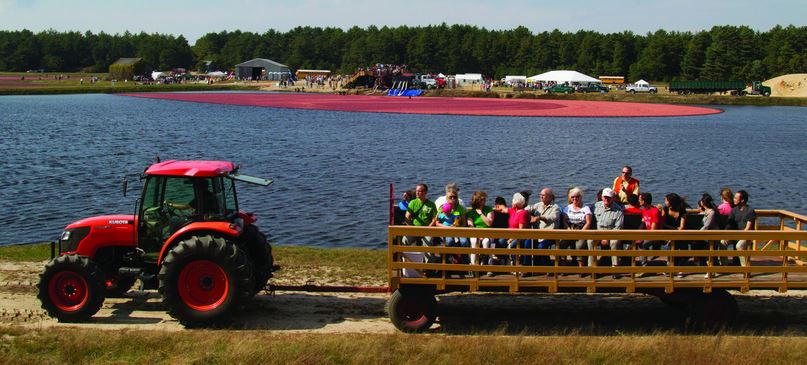
A tour of Makepeace Farms in Wareham, MA, is a popular activity during the annual Cranberry Harvest Celebration.
Fall Festivals Across the State
While popular, Salem is certainly not the only place in Massachusetts to partake in the autumn festivities. New Bedford offers the Working Waterfront Festival at the end of September, spotlighting one of America’s largest fishing ports. Visitors to Cheshire, MA, can view glass-blown pumpkins and other artisan crafts at the Fall Arts Festival. Families love the Cranberry Harvest Celebration in Wareham and, in Newburyport, the Great Pumpkin Lighting and Stroll is a must-attent event for anyone visiting in October. And, of course, visitors will still continue to pour in to the state to seek out the incredible turning of the leaves.
Pumpkin Flavors Fuel Food and Beverage Industry
A visit to Massachusetts in autumn would hardly be complete without some food-and-drink indulgence. The commonwealth’s food and beverage industry boasted a “banner year” in 2014, and the industry predicts $13.8 billion in sales by the end of 2015. Massachusetts, which some consider to be the birthplace of craft beer, has at least ten different pumpkin beers available throughout the season. Visitors can add Mercury Brewing Company’s Stone Cat Pumpkin Ale, Samuel Adams’ Harvest Pumpkin Ale, Blue Hills Brewery’s Pumpkin Lager, to their list of annual autumn rituals. Those headed to Western MA can enjoy a break at Shelburne Falls Coffee Roasters in Shelburne and a taste of their Pumpkin Spice blend.
The sheer quantity and range of fall activities in MA (see more here), makes it a wonderful destination for just about anyone. What do you and your family like to do every fall? Send us recommendations in the comments section below and we’ll read them while sipping our pumpkin spice lattes!




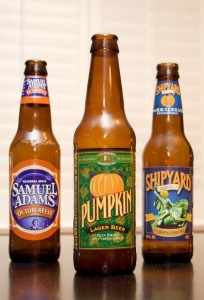



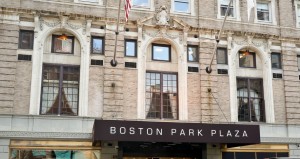
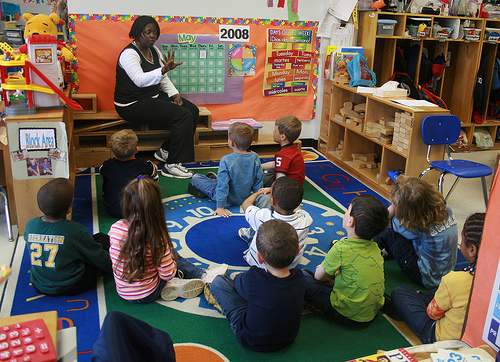
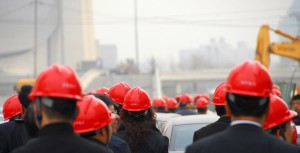
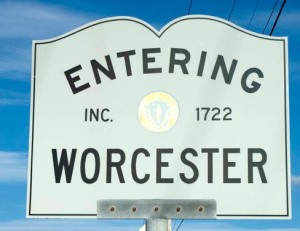





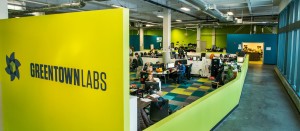

 The lack of financial literacy among Millennials has resulted in some frightening statistics. Research by the credit information service, Experian, has revealed that the 19–35-year-old demographic has the worst national average for credit scores, and a significantly unfavorable debt-to-income ratio than
The lack of financial literacy among Millennials has resulted in some frightening statistics. Research by the credit information service, Experian, has revealed that the 19–35-year-old demographic has the worst national average for credit scores, and a significantly unfavorable debt-to-income ratio than 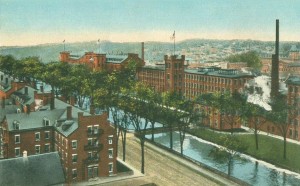 Massachusetts has a long
Massachusetts has a long 
